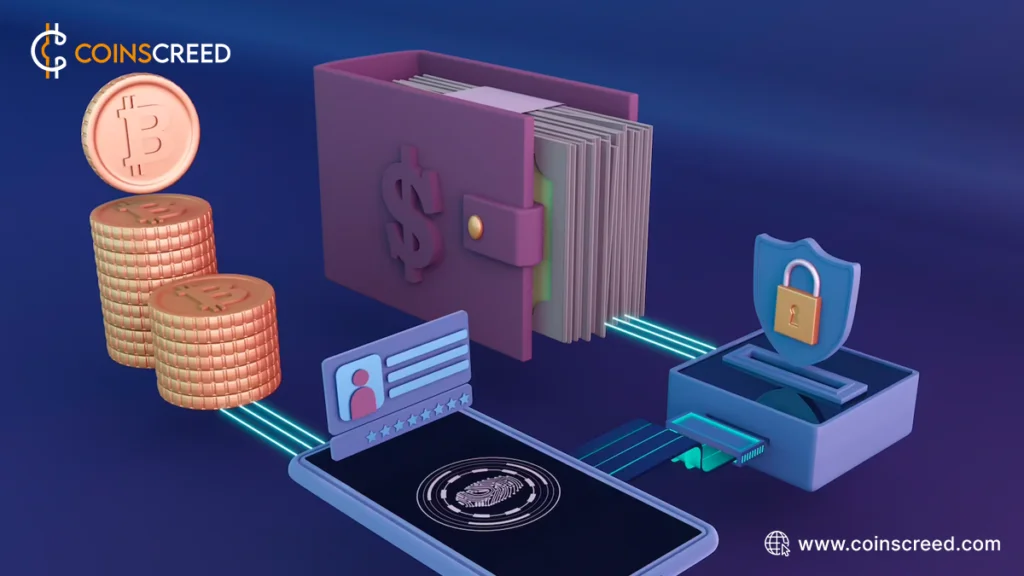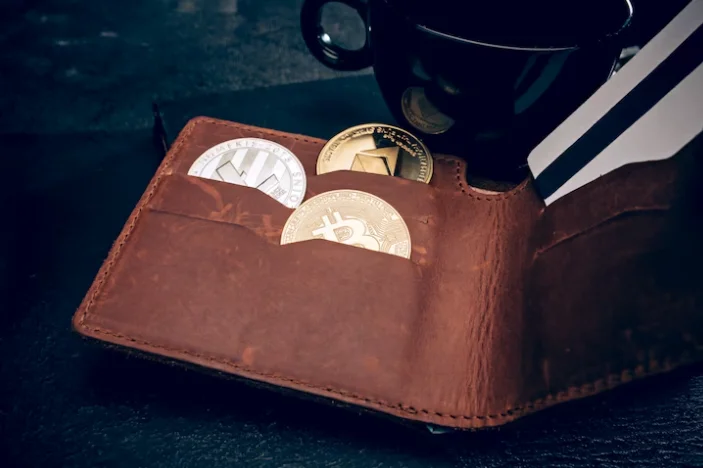Securing your digital assets is of utmost importance in the world of cryptocurrencies. With the rise in cyberattacks and the increasing value of cryptocurrencies, ensuring your crypto portfolio’s safety is crucial. This article will discuss how to secure your crypto portfolio and safekeep your assets.

What is a crypto portfolio?
A portfolio in the world of finance is a collection of financial assets, including stocks, bonds, fiat money, cash equivalents, and commodities.
Similarly, a cryptocurrency portfolio is a collection of various cryptocurrencies you own and trade on the trading platforms of your choice. You can monitor your account balance changes over a given period (hourly, daily, weekly, monthly, yearly, or all-time) and the allocation of your digital assets in percentages inside.
You can also manage your cryptocurrencies at a glance. Briefly put, crypto portfolios resemble inventories of your numerous digital assets.
How to Secure Your Portfolio and Safe Keep Your Assets
Here are seven proven methods to help protect your crypto portfolio from unknown and black swan events like the Silicon Valley Bank collapse
- Understand the risks.
- Choose secure wallets.
- Create strong passwords.
- Implement Two-Factor Authentication.
- Safeguard private keys.
- Protect your identity and transactions.
- Stay up-to-date on security news.

Understand the risks
The first step in securing your crypto portfolio is understanding cryptocurrency’s risks. Cryptocurrencies are decentralized and unregulated, making them vulnerable to hacking and fraud. Some of the common risks associated with cryptocurrencies include:
- Theft of private keys
- Hacking of wallets and exchanges
- Phishing and social engineering attacks
- Malware and viruses
By understanding these risks, you can take steps to mitigate them and keep your crypto portfolio safe.
Choose secure wallets
A crypto wallet is where you store your cryptocurrencies. Several types of wallets are available, including software, hardware, and paper wallets. When choosing a wallet, it’s essential to look for the following features:
- Strong encryption
- Two-factor authentication
- Multisignature support
- Regular updates
Some popular, secure wallets include Ledger Nano S, Trezor, and Exodus.
Create strong passwords
Creating strong passwords is crucial when securing your crypto portfolio. A strong password should be at least 12 characters long and include a combination of upper and lowercase letters, numbers, and symbols. Avoid using the same password for multiple accounts; never share your password with anyone.
Implement Two-Factor Authentication
Two-factor authentication (2FA) provides an extra layer of security when accessing your crypto accounts. It requires you to enter a code or use a biometric factor (such as a fingerprint or facial recognition) in addition to your password. Some examples of 2FA methods include:
- Google Authenticator
- SMS verification
- Biometric verification
Safeguard private keys
Private keys are crucial to accessing your crypto assets. They are long letters and numbers that act as your funds’ passwords. Keep private keys secure, and never share them with anyone. Here are some tips for safeguarding your private keys:
- Use a hardware wallet to store your private keys offline.
- Keep your private keys in a secure location.
- Don’t store your private keys on a cloud-based service.
Protect your identity and transactions
Protecting your identity is essential when using cryptocurrencies. Here are some tips for staying anonymous when transacting:
- Use a VPN to hide your IP address.
- Don’t use personal information when setting up crypto accounts.
- Use privacy-focused coins like Monero and Zcash.
Stay up-to-date on security news
Staying informed about the latest security threats is crucial when securing your crypto portfolio. Regularly check for news and crypto security updates and assess potential portfolio threats.
Conclusion
Securing your crypto portfolio is essential in the world of cryptocurrencies. By following the tips outlined in this article, you can take steps to keep your assets safe and secure. Stay informed, use secure wallets, and protect your private keys and identity.
